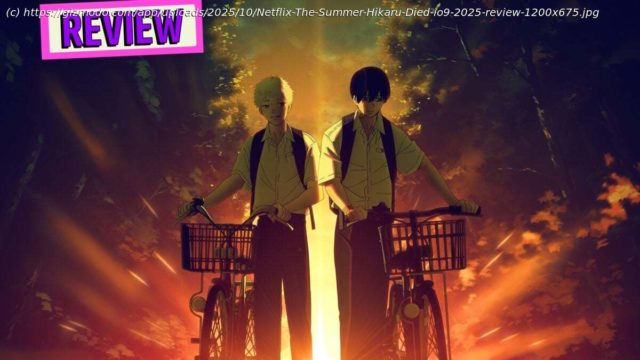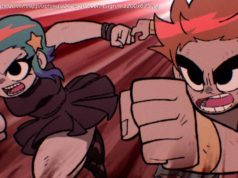In a genre crowded with hollow aesthetic mimicry, ‘The Summer Hikaru Died’ is a rare triumph.
One would assume that horror and anime, two media seemingly tailor-made for each other, would consistently produce masterpieces. After all, anime’s visual elasticity and horror’s emotional extremity should be a match made in heaven. Yet, more often than not, their union exposes mutual blind spots rather than shared strengths.
Anime adaptations of horror manga frequently fall into two traps: slavish recreations that beg the question of what was actually adapted, or hollow spectacles that rely on cheap jump scares, evoking the aesthetics of a 2011-era YouTube craze. But then there’s The Summer Hikaru Died—an outlier, a revelation, and arguably the pinnacle of modern horror anime.
Created by mangaka Mokumokuren and adapted by CygamesPictures, The Summer Hikaru Died slipped quietly into Netflix’s summer anime lineup, overshadowed by the usual shonen fare. But from its first frame, it announced itself as something different, drawing from the same well as cult classics like Higurashi: When They Cry, horror auteur Junji Ito‘s ill-fated Uzumaki adaptation, Shudder’s Best Wishes to All, and Konami’s Silent Hill f.
It’s steeped in the iconography of Japanese horror: a sleepy countryside town with ritualistic secrets simmering beneath the surface and wide-eyed teens thrust into the abyss of its mystery.
As the title suggests, a boy named Hikaru Indo (Shūichirō Umeda) dies. But his death is only the beginning. What follows is a slow, devastating unraveling for his best friend, Yoshiki Tsujinaka (Chiaki Kobayashi), who finds himself living alongside a cursed entity wearing Hikaru’s face.
Yoshiki is faced with an ultimatum. He must either destroy it or acquiesce to the demonic entity’s wish to continue living as his best friend—someone he is very clearly in love with. Yoshiki’s selfish choice to continue living with his puppeteered childhood friend sets the tone for the entire series: horror not as a spectacle, but as an emotional reckoning.
The show’s central tension—Yoshiki’s refusal to reject “Hikaru” and “Hikaru’s” obsessive need to protect Yoshiki—creates a dynamic that’s both tender and terrifying.






